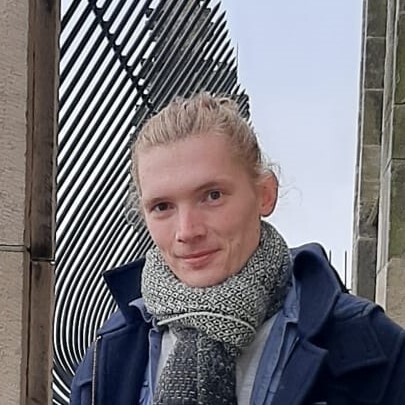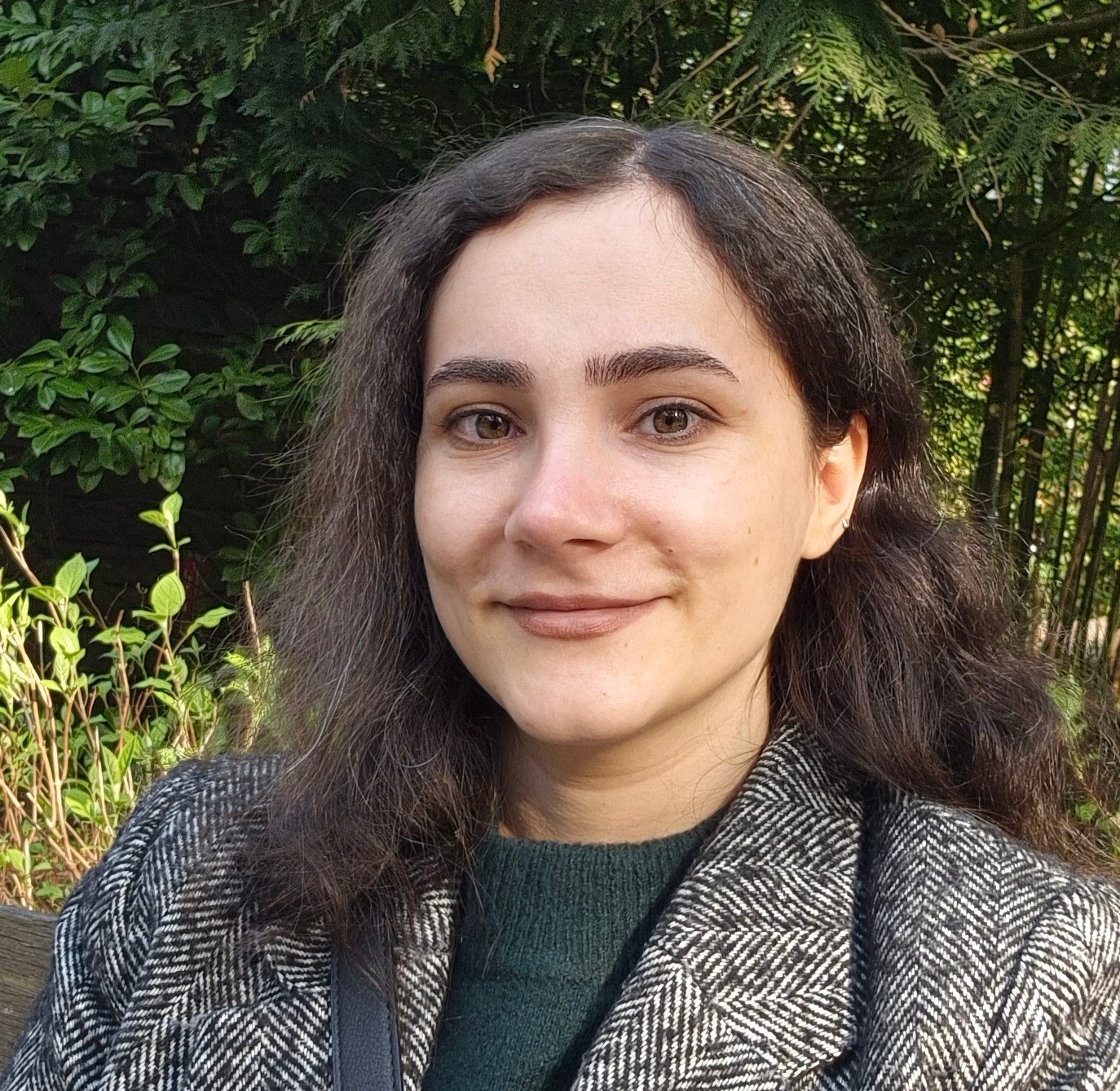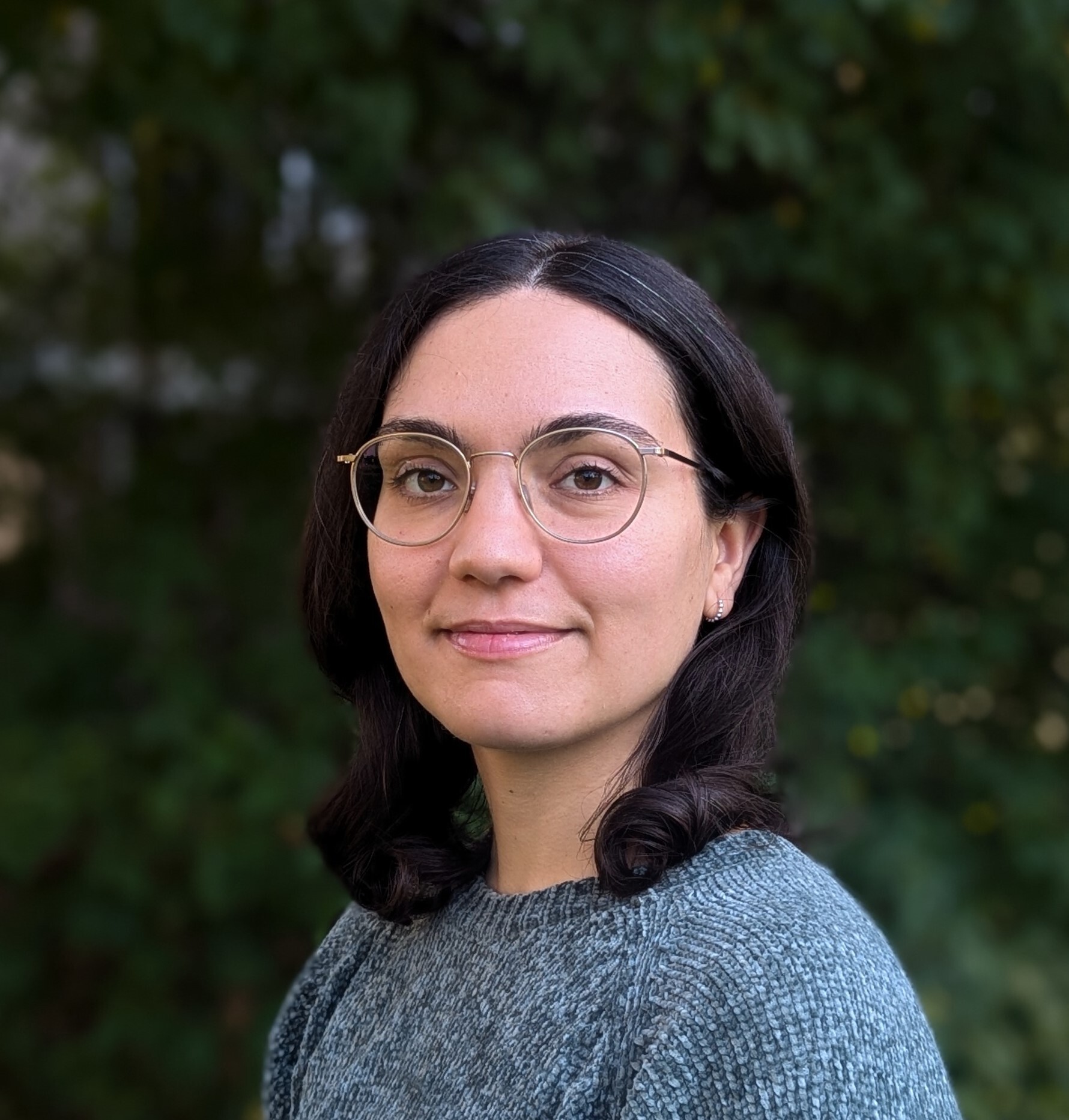KAI Thesis Topics
You can find the slides presented at the MSc AI Thesis event here. Most of the topics below can be investigated by either BSc or MSc AI students. We also welcome groups of students working on the same or similar topic.
If you are interested in one of the projects below, please contact the supervisor(s) listed to receive more information about the topics. Where available, have a look at the detailed description first. Also, keep in mind that all theses can be shaped to accomodate your interests. Do note however that the KAI group has clear expectations of their students. We want to make sure students know what to expect from us as their supervisors. We have prepared a short document which touches upon some important points like meetings, planning and writing of your thesis.
-

Stefan Schlobach
I'm even more fun
-

Ilaria Tiddi
-
Exploring attacking arguments in the Computer Science Knowledge Graph (CS-KG) ( B.Sc./M.Sc. )
- Hybrid Intelligence
- Argument Mining
- Knowledge Graphs
-
Building a common-sense object dataset for Robots ( B.Sc./M.Sc. )
- Knowledge Representation
- Knowledge-based Robotics
- Knowledge Graphs
-
Explaining pilot actions with KGs ( M.Sc. )
- Hybrid Intelligence
- Explainability
- Knowledge Graphs
-
Explaining robotic actions for airplane manufacturing ( M.Sc. )
- Hybrid Intelligence
- Explainability
- Knowledge Graphs
-
Robotic Episodic Memories with RAG ( M.Sc. )
- Explainable AI
- Robots
- Knowledge Graphs
-
Building Robot Episodic Memories with KGs ( M.Sc. )
- Explainable AI
- Robots
- Knowledge Graphs
-
-

Patrick Koopmann
-
Explaining Missing Entailments from Ontologies ( M.Sc./B.Sc. )
- Ontologies
- Explainability
- Reasoning
- Logics
- Description Logics
-
Explaining Entailments from Ontologies ( M.Sc./B.Sc. )
- Ontologies
- Explainability
- Reasoning
- Logics
- Description Logics
-
Automated Hypothesis Generation using ABox Abduction ( B.Sc. )
- Ontologies
- Logics
- Reasoning
-
Learning Concept Descriptions from Examples ( M.Sc./B.Sc. )
- Ontologies
- Learning
- Reasoning
- Logics
- Description Logics
-
Extracting Sub-Ontologies ( B.Sc. )
- Ontologies
- Logics
-
Optimizing Concept Expressions ( B.Sc. )
- Ontologies
- Logics
-
-

Ritten Roothaert
I'm a lot of fun
-

Jieying Chen
-
Bias in AI: Bias Detection and Mitigation in Large Language Models ( B.Sc./M.Sc. )
- Fairness
- Large Language Models
- Social AI
- BERT models
-
Leveraging Large Language Models for Ontology Extraction through Question-Answering ( M.Sc. )
- Ontology Extraction
- LLM
- Semantic Web
- Knowledge Representation
-
Enhancing Language Models with Ontology Subsumption Inference ( M.Sc. )
- Language Models
- Ontology Subsumption
- Knowledge Representation
- Inference Enhancement
-
Ontology Text Alignment Using Large Language Models (BERT and Generative LLMS) ( M.Sc. )
- Large Language Models
- Ontology Engineering
- Nature Langue Processing
- BERT models
- RAG
-
Designing a Benchmark and Auto-Evaluator for Extracting Relevant Axioms from User Input ( M.Sc. )
- Semantic Web
- Data validation
- Ontology Engineering
-
Extraction of Relevant Axioms Using Ontology Embedding ( M.Sc. )
- Ontology Navigation
- Axiom Extraction
- Usability Enhancement
- Knowledge Accessibility
- Human-Computer Interaction
-
Ethnic AI: Bias Detection and Mitigation in Large Language Models ( B.Sc./M.Sc. )
- Bias Detection
- Ontologies
- Knowledge Representation
- LLM
-
Benchmarking Ontology Modularity and QA Using Real-world Ontologies ( M.Sc. )
- Ontology Modularity
- QA Systems
- Benchmarks
- Real-World Data
- Knowledge Representation
-
Ontology Embedding using the BERT Model ( M.Sc. )
- Ontology Embeddings
- LLM
- Semantic Web
- Sub-symbolic AI
-
Python-based Implementation of Ontology Modularity Tools ( M.Sc. )
- Tool Development
- Knowledge Representation
- Computational Efficiency
- Algorithm Optimization
-
-

Ameneh Naghdi Pour
-

Vera Stebletsova
-
The field of application of Modal Logics to specification and verification of correctness of CS and AI systems, project 1 ( B.Sc./M.Sc. )
- Modal Logics
- Model Checking
-
The field of application of Modal Logics to specification and verification of correctness of CS and AI systems, project 2 ( B.Sc./M.Sc. )
- Modal Logics
- Model Checking
-
-

Daira Pinto Prieto
My research focuses on reasoning for cyber-physical system diagnostics. I am especially interested in applying evidence logics and uncertainty representations that go beyond probabilities.
-
Belief function networks for fault diagnosis ( B.Sc. )
- Belief functions
- Fault diagnosis
- Application
-
Belnap-Dunn logic for fault diagnosis: an end-to-end solution ( M.Sc. )
- Belnap-Dunn logic
- Fault diagnosis
-
Credal networks for fault diagnosis: What we know about the unknowns ( M.Sc. )
- Imprecise probabilities
- Credal networks
- Fault diagnosis
- Information gain
-
Epistemic modal logic for fault diagnosis ( B.Sc. )
- Epistemic modal logic
- Fault diagnosis
- Application
-
Knowledge compilation for belief function: from theory to practice ( M.Sc. )
- Knowledge compilation
- Belief function
- Uncertainty
-
Multi-layer belief model: systematic comparison of evidence rules of combination ( M.Sc. )
- Belief function
- Uncertainty
- Rule of combination
- Evidence models
-
Possibilistic networks for fault diagnosis ( B.Sc. )
- Possibility functions
- Fault diagnosis
- Application
-
Ranking networks for fault diagnosis ( B.Sc. )
- Ranking functions
- Fault diagnosis
- Application
-
-

Pelletreau-Duris Tom
Officially advancing explainability of neuro-symbolic AI. Tactically working on mechanistic interpretability for graph ml. Personally trying to bridge disciplinaries I love, networking philosophy of mind, social sciences, AI and neurosciences through the lens of graph theory and XAI.
-

Internships
Besides regular thesis projects, we also offer internships on various topics related to our research. If you are interested, please contact Ilaria Tiddi.
